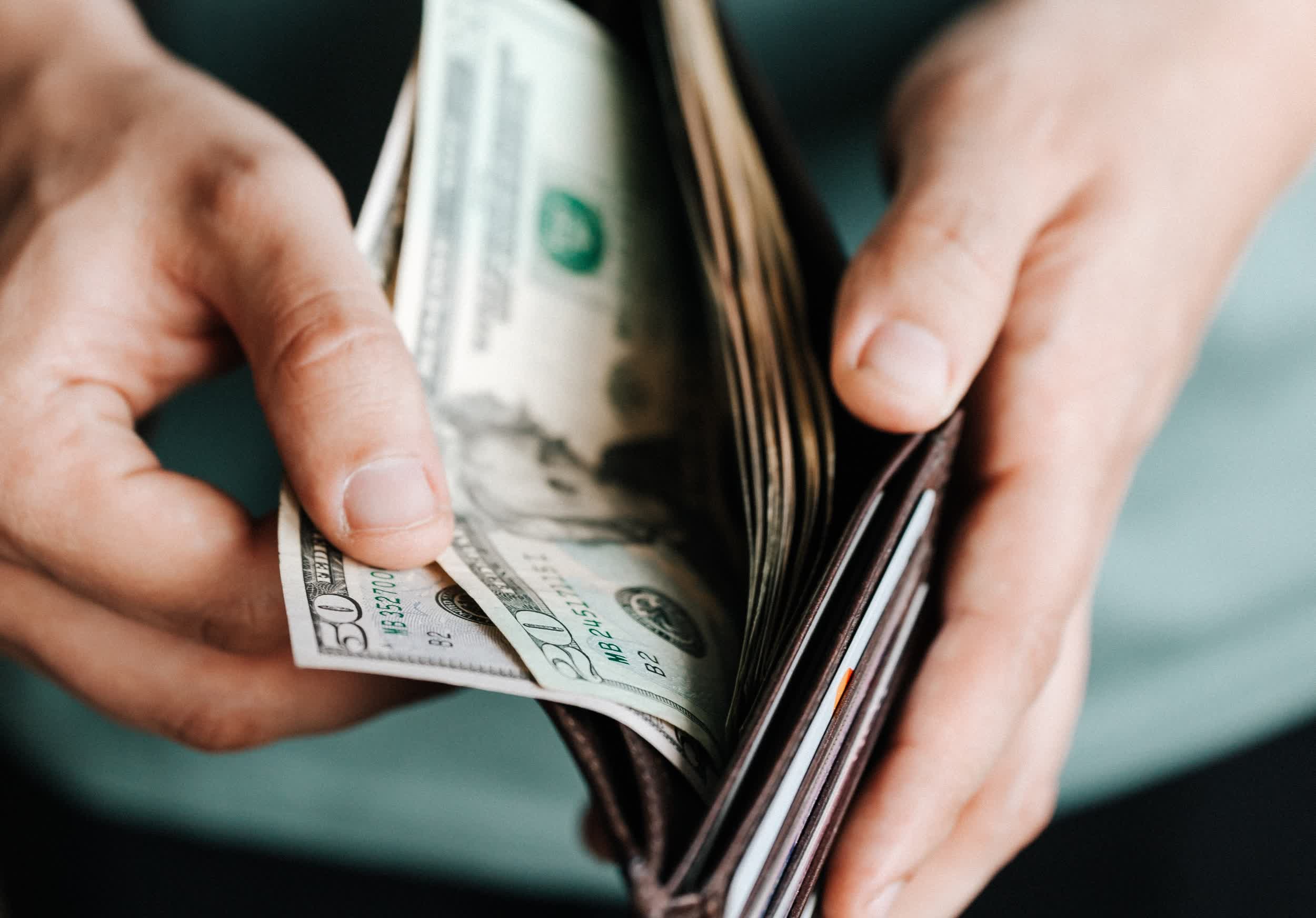
Perhaps you've heard the phrase "cash is king" used in the context of money. Before the digital age, virtually all ordinary transactions involved the exchange of cash for goods or services rendered. Things are certainly different in 2022 with Internet banking, mobile payments and cryptocurrency, but are we really ready to end our relationship with cold, hard cash?
A recent survey from risk management firm ThirdPartyTrust found that 76 percent of Americans had cash in their wallet or purse at the time they were polled. When asked how often they use cash, only 12 percent said they do so daily. Just over one in four people said they use cash on a weekly basis, and roughly the same number said they do so monthly.
Eight percent of those polled said they never use cash.

Sanitation may be a big part of why some shy away from physical currency. The survey revealed that 41 percent of people judge cash's appearance before touching it, and 36 percent said they reject dirty or gross bills. A full 61 percent said they wash their hands or use hand sanitizer after handling cash or coins, and 19 percent admitted they have stopped using cash since the pandemic started.
Nine out of 10 people surveyed said they use a mobile payment service app, with PayPal, Venmo, Zelle and Apple Pay being among the most popular.

Cash still has its benefits and for many, it is as a rainy day fund. More than half (53 percent) said they keep emergency cash on hand (usually somewhere at home), and the average mount stashed away is $500.
What does your relationship with cash look like these days? Does ease of use, cleanliness or convenience factor into your preference? What about leaving a paper trail?
Image credit: Karolina Grabowska
https://www.techspot.com/news/94930-cash-king-examining-physical-money-digital-world.html
